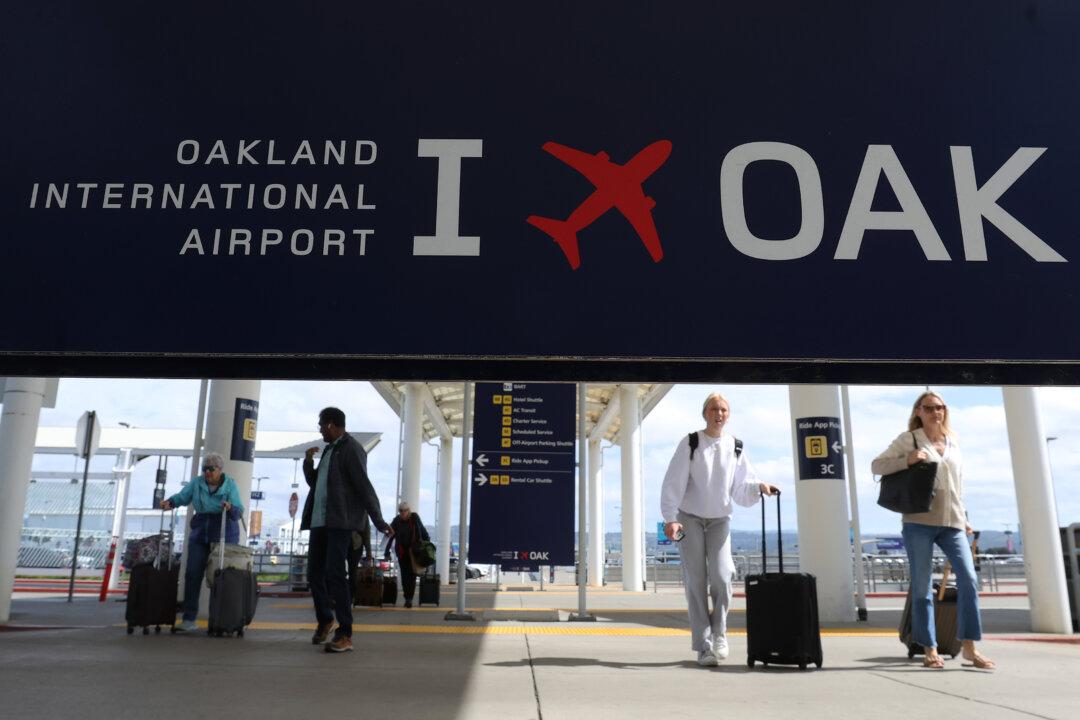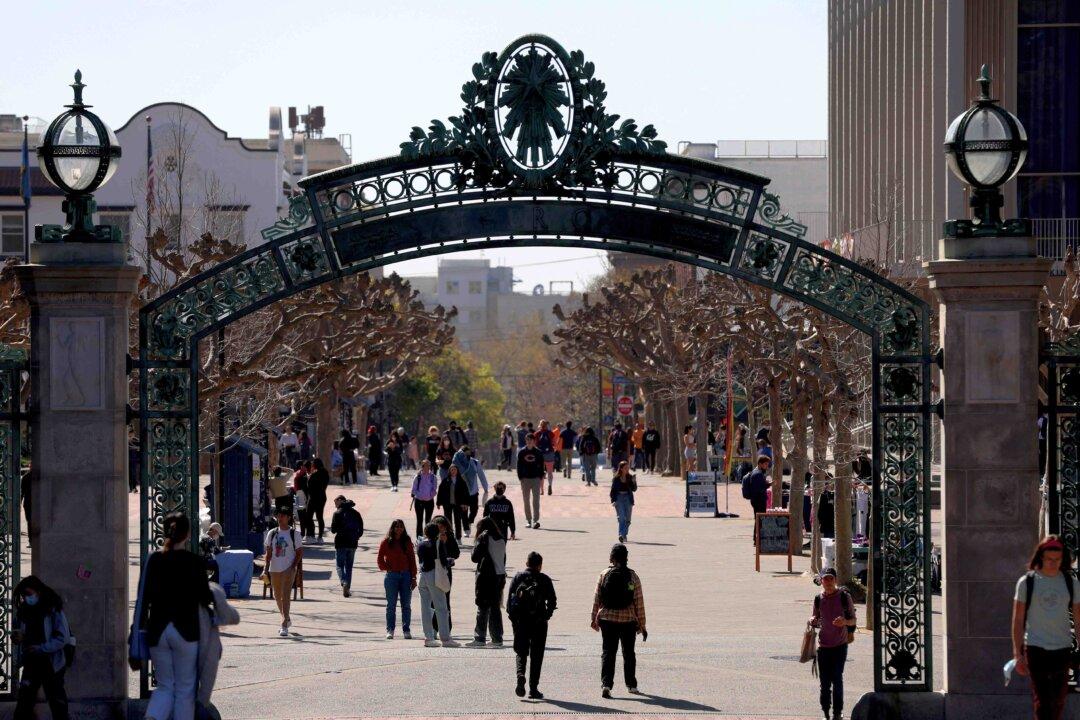A court on Nov. 13 ordered the Oakland airport to stop using its new name, “San Francisco Bay Oakland International Airport,” following a lawsuit filed by the city and county of San Francisco against the City of Oakland and Port of Oakland, the owners of the Oakland airport.
The federal district court concluded that a preliminary injunction should be issued after finding that San Francisco will suffer irreparable harm if it is not.





